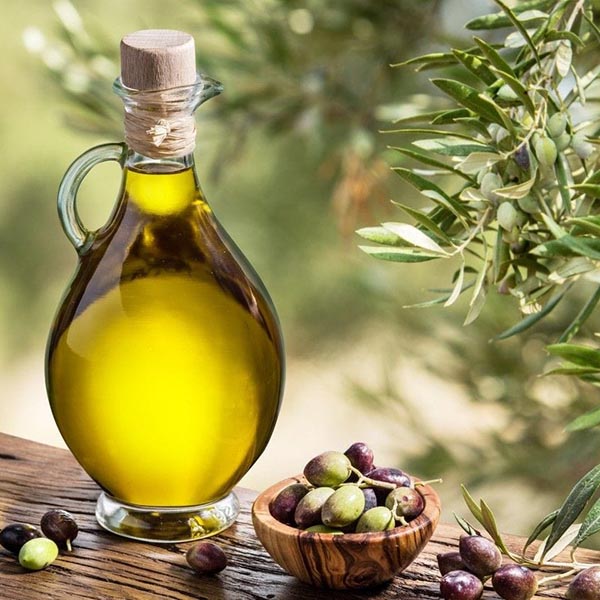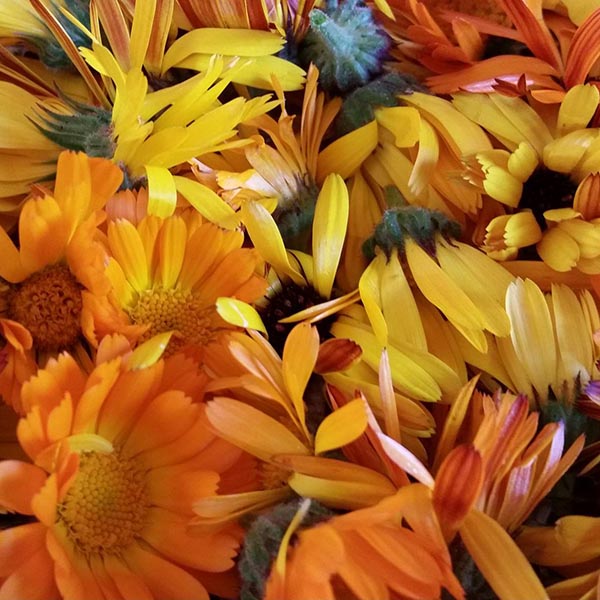At Old School Soap we pride ourselves in using the best possible local and natural ingredients.

Old School Soap is handcrafted and small batch processed in our workshop in the Wairarapa countryside.
Old School Soap is made using the following base ingredients:
- Locally Sourced Virgin Olive Oil
- Coconut Oil,
- Rice Bran Oil,
- Castor Oil,
- Water,
- Sodium Hydroxide (Lye).
Some soaps contain “luxury” oils and ingredients such as Silk, Shea Butter, Cocoa Butter, Hemp Seed Oil, Sweet Almond Oil, Avocado Oil, Pomegranate Seed Oil, or Jojoba Oil to provide extra moisturising and conditioning properties.
Old School Soap is coloured using clay, and/or extracts, teas, and infusions of herbs, spices, fruits, flowers, and seeds, these natural ingredients provide the beautiful muted earthy colours of our soap.

Fragrance is provided by essential oils used in skin-safe amounts. Our soaps are not highly scented as a small amount of essential oil can go a long way. Due to this the soaps have a light scent when dry, once exposed to warm water the scent lifts and becomes more apparent but is not strong or overpowering.
A little bit about LYE
I often get asked if there is lye in my soap, this is actually a complex question because the answer is both yes and no.
Lye AKA Sodium Hydroxide AKA Caustic Soda is an essential ingredient in soap making, lye is a naturally occurring salt that acts as a catalyst to convert fat into soap, this process is called “Saponification” And this is why the answer is YES, as it is not possible to make real soap without lye. BUT if the soap is made correctly there will be no residual lye left in the end product. And this is why the answer is also NO.
Whilst lye is a naturally occurring compound, for purity and safety, responsible soap makers use industrially produced Sodium Hydroxide, this ensures that the product is “clean” and that we can accurately calculate its strength and the necessary usage rate.
Soaps that claim to not have lye in the ingredients are either actually detergents (synthetic soap) or have been made using a pre-made base (which was made using lye).
How do you know that you have real soap ? Lye will be listed as an ingredient, if it isn’t listed separately you may instead find that the oils are listed by their converted name i.e. Coconut Oil becomes Sodium Cocoate, Olive Oil becomes Sodium Olivate etc, or the ingredient list will say “saponified oils of”.
What about Palm Oil
Palm Oil is a product that you will rarely find in Old School Soaps.
There are a number of reasons why we don’t use it often, suffice to say we have found that we don’t need it to make great soap and a good percentage of our customers prefer it that we don’t use it.
Should there ever be a soap that we at Old School Soap feel needs Palm Oil or Palm derivatives added we will only use Certified RSPO products. Information about RSPO can be found here.
Vegetarian / Vegan / Animal Fats?
All ingredients are listed on the labels of our soaps, the majority of which are Vegan.
Sometimes honey or beeswax is sourced from sustainably managed hives that are kept on our own smallholding, making these soaps Vegetarian.
Occasionally we will use other products such as Lard or Tallow, as both of these can make superb soap. This will be clearly marked on the labels and listed in the ingredients list.
Animal fats are a controversial topic. Many believe that it is inhumane to use them in soap making. The reality is that animal fat is a by-product of the Meat Industry and if it wasn’t used in other ways it would go to landfill. This would increase the overall cost of meat at the supermarket as the cost of production would be higher. Ergo, soap made with Lard or Tallow are actually good for the planet and reduce the amount of waste going to landfill.

